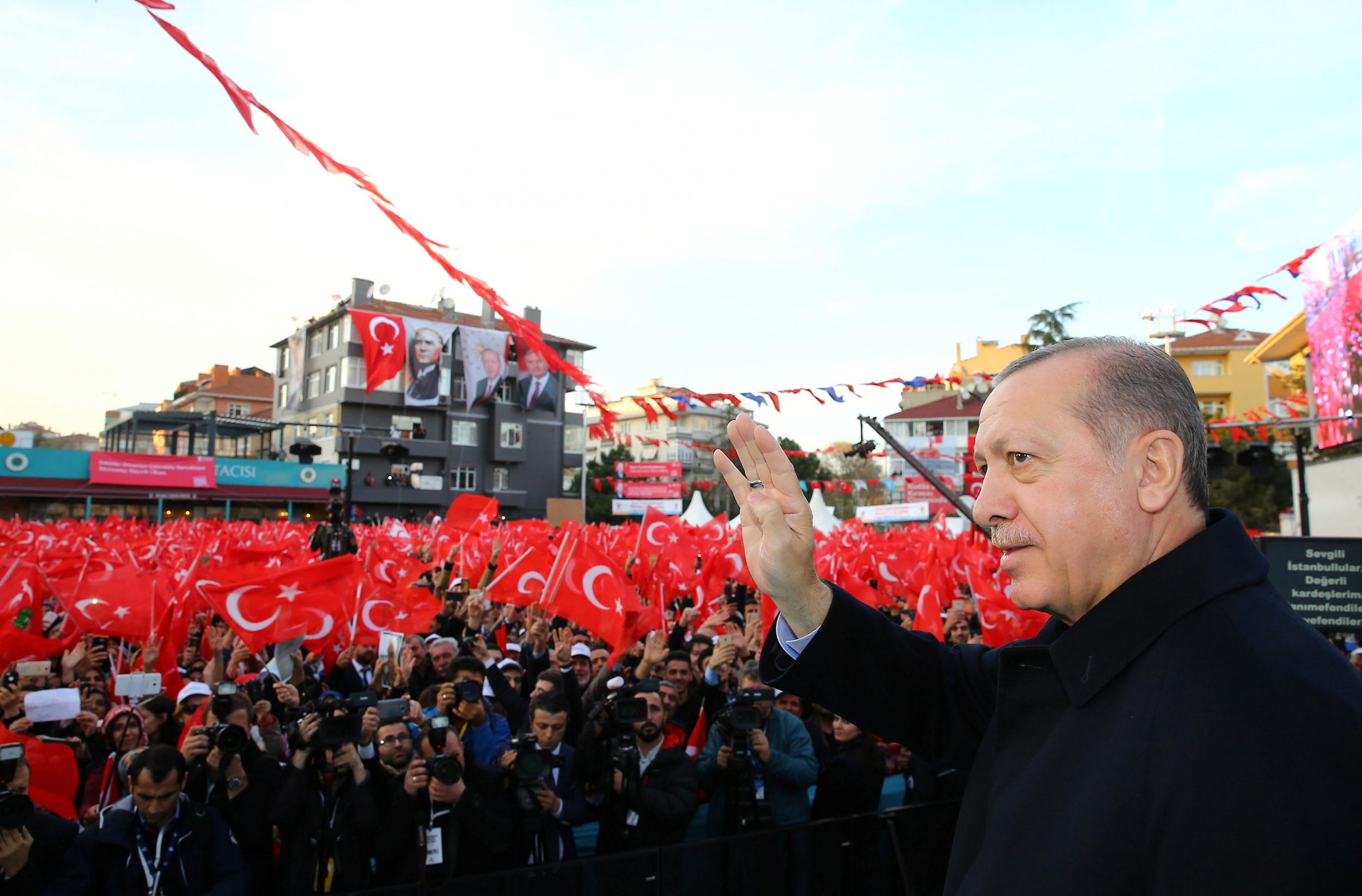Turkey's President Erdogan says he will open an embassy in East Jerusalem
The Muslim leader has led calls for world to recognise city as the capital of an independent Palestinian state

Your support helps us to tell the story
From reproductive rights to climate change to Big Tech, The Independent is on the ground when the story is developing. Whether it's investigating the financials of Elon Musk's pro-Trump PAC or producing our latest documentary, 'The A Word', which shines a light on the American women fighting for reproductive rights, we know how important it is to parse out the facts from the messaging.
At such a critical moment in US history, we need reporters on the ground. Your donation allows us to keep sending journalists to speak to both sides of the story.
The Independent is trusted by Americans across the entire political spectrum. And unlike many other quality news outlets, we choose not to lock Americans out of our reporting and analysis with paywalls. We believe quality journalism should be available to everyone, paid for by those who can afford it.
Your support makes all the difference.Turkey will open an embassy in East Jerusalem, President Recep Tayyip Erdogan has said, days after leading calls at a summit of Muslim leaders for the world to recognise it as the capital of Palestine.
“God willing, the day is close when officially, with God’s permission, we will open our embassy there,” he said in a speech, while maintaining his fierce criticism of the US decision to recognise Jerusalem as Israel’s capital.
The Turkish leader has been one of the loudest voices in a global chorus of condemnation over Donald Trump’s announcement – that the US would break with decades of established foreign policy by relocating its embassy from Tel Aviv.
Mr Erdogan spoke about plans for a Turkish embassy in Jerusalem during a speech to his AK Party in the southern province of Karaman.
It come after Muslim world leaders this week called for the area to be recognised as the capital of an independent Palestinian state.
The draft, declaration by the Organisation of Islamic Cooperation (OIC), was issued following an extraordinary meeting of the 57-state group to hammer out a unified response to Mr Trump’s decision.
Turkey’s foreign minister, Mevlut Cavusoglu, said earlier this week that Turkey would open an embassy in East Jerusalem once the world recognised an independent Palestine.
It is not clear how Turkey would carry out the embassy move, as Israel controls all of Jerusalem and calls the city its indivisible capital.
Israel annexed East Jerusalem in 1967 in a move that has never been recognised internationally. Both Israel and Palestine claim Jerusalem as their capital, and the city’s status remains a major stumbling block in peace talks.
Foreign embassies in Israel, including that of Turkey, are located in Tel Aviv, reflecting Jerusalem’s unresolved status.
Mr Trump shocked even some of his county’s closest allies on 6 December by following though with a campaign promise to formally recognise the city – considered holy by Islam, Judaism and Christianity – as Israel’s undivided capital.
Many world leaders voiced fears the controversial move would spark renewed violence in the region and wider Muslim world.
Protests have been held across the globe and four Palestinians killed in violent clashes with Israeli security forces in the West Bank and Gaza.
“With their decision to recognise Jerusalem as Israel‘s capital, the United States has become a partner in this bloodshed,” President Erdogan said earlier this week.
He had previously described Mr Trump’s decision as a “red line” for Muslims, and threatened to break off diplomatic relations with the US.
The United Nations Security Council is considering a draft resolution that would insist any decisions on the status of Jerusalem have no legal effect and must be rescinded.
It is thought to have broad support, but would likely be vetoed by the US.
Join our commenting forum
Join thought-provoking conversations, follow other Independent readers and see their replies
Comments